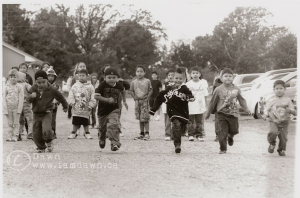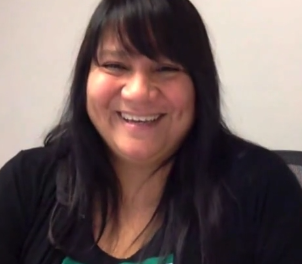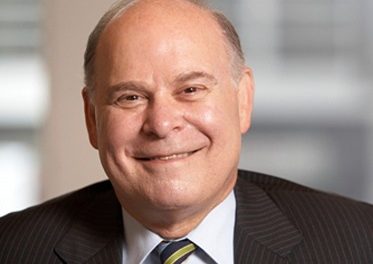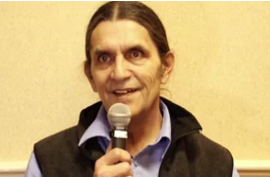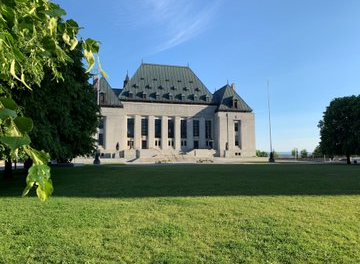The Wisdom of our Youth Indigenous cultures are not known for teaching.
Our parenting and teaching style is more one of guidance or mentorship. Rather than giving answers, we tell stories, allowing our listeners to find their own answers in our words, building their inner strength and belief in self with every exchange.
In line with that, Youth Speaks is a seminar I designed for the youth who are literally dying at their own hands. This seminar uses our traditions as they were meant, to guide participants to find the strength and belief in self that our youth so desperately need. Rather than the classic seminar that has a speaker sharing knowledge, Youth Speaks consists of two distinct components.
The first – a series of motivational videos that are shown to the youth audience, not to convince them, but to empower them by asking them to judge the videos. Did it inspire them? Did it encourage them? Did they like it? Each video is rated on a scale of 1-10 and each participant is encouraged to share why they gave it such a rating.
The second component is a series of questions, mixed in amongst the videos, ranging from the silly (if you could have an endless supply of one food, what would it be?) to the serious (what do you need the most from the adults in your life?). Some answers are shared publicly, others are written and shared anonymously, while some are simply collected and shared in the final report to the organizers. How answers are shared is totally dependent on the dynamic of the youth involved.
What have we learned from these sessions? Primarily and most importantly, that suicide is not the problem, it is the end result of many problems. We learned that existing solutions are so very often band aids on gaping wounds, or threads when a lifeline is needed. Sadly, these so called solutions often result in more pain for those affected. Case in point – a youth taking the step to go to a counselling agency to ask for help only to be told that there is no available counsellor, or the only one available is not someone the youth feels familiar with. It takes so much for a youth to ask for help. This type of result often ensures that this is the last time the youth reaches out.
We learned that our youth are not immune to our challenges – that they worry about the economy and jobs as much, if not more than we do, and worse, they don’t want to share their fears with us because they don’t want to add to the burden we are carrying as their parents and guardians.
Like so many of our children, they want to help ease our pain, even if it means not sharing their own.
What we learned is that our youth are intelligent, aware beings with worries and fears and ideas but so often without a voice. They are dismissed as being too young or unaware, so, unlike the adults who can discuss openly their fears, our youth are left to wallow in theirs.
Things have to change and that starts with us listening when our youth speak.
NOTE: Sandi Boucher, is a published author and the owner and founder of the speakers’ network TraditionallySpeaking.ca
Please, share this article, use button
and add a thought below

